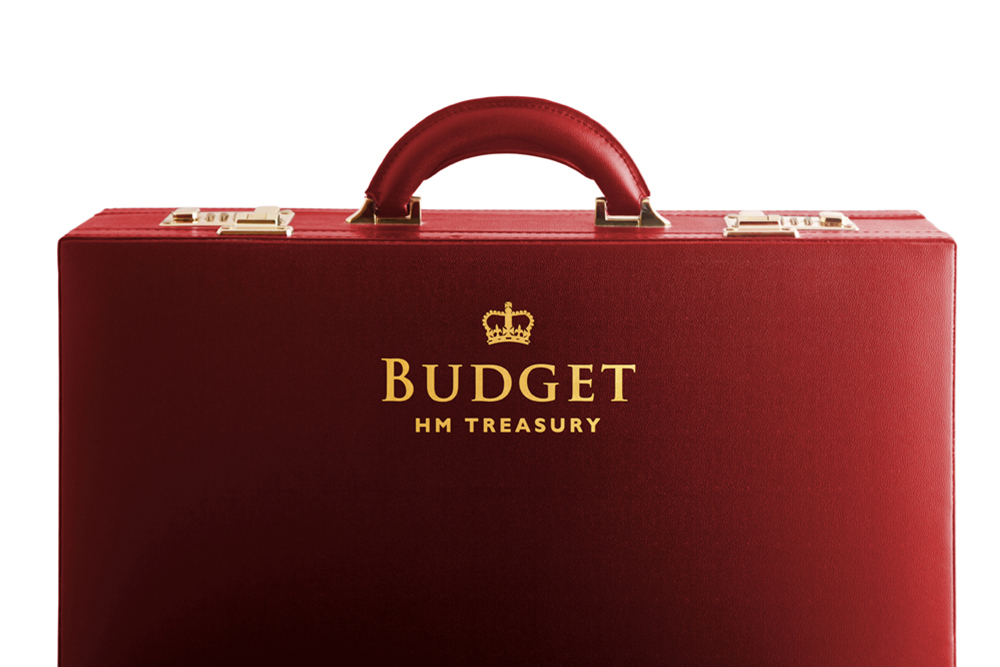Spring Budget 2023
15th March 2023

The Chancellor of the Exchequer Jeremy Hunt, has today delivered the Spring Budget 2023. Please see our summary below:
Pension allowances
The Government will remove the Lifetime Allowance charge, before completely abolishing it in a future Finance Bill, and raise the Annual Allowance to £60,000 from April 2023.
The minimum Tapered Annual Allowance for high earners will also increase from £4,000 to £10,000 from 6 April 2023, with the adjusted income threshold set to be increase from £240,000 to £260,000.
The maximum Pension Commencement Cash Lump Sum (tax free cash) for those without LTA protections, will be retained at its current level of £268,275 and will be frozen thereafter.
Also, to support those who have left the labour market to return and supplement their income, or build up their retirement savings, the government will also increase the Money Purchase Annual Allowance (MPPA) from £4,000 to £10,000 from April 2023.
Jonathan Watts-Lay, Director, WEALTH at work, comments:
“The fact that LTA has been abolished is excellent news for pension savers.
Those who have previously chosen to opt-out of their workplace pension scheme for LTA purposes, and taken cash in lieu of their employer pension contributions, should consider reviewing their situation. This is especially important for those who have taken out LTA protection measures, as if they decide to contribute again, their protections would be lost, and this could then impact the amount of tax free cash they are entitled to. Therefore, it’s not necessarily a straightforward decision and it will depend on individual circumstances.”
He adds; “And of course, raising the MPAA is good news for those who have accessed their pensions already, but want to remain or return to the workplace and continue saving into their pension. This will provide a vital boost to their income for retirement at a later point.”
Cost of living support
The government has confirmed that it will extend its energy price guarantee for a further three months until the end of June, which will limit energy bills for a typical household to £2,500 a year.
Also, currently, working parents with three and four-year-olds are eligible for 30 hours of free childcare per week. However, the government will fund 30 free hours per week for working parents with children aged 9 months up to 3 years in England, where eligibility will match the existing 3 to 4 year-old 30 hours offer, by 2027-28. From April 2024, working parents of 2 year-olds will be able to access 15 hours of free childcare per week.
Jonathan Watts-Lay comments; “Any support that helps household finances during these difficult times, is much welcomed. With the cost of living crisis hitting people hard, workplaces play a key role in supporting their employees to build their financial resilience and improve their financial wellbeing. Many employers offer financial education and guidance to help their employees understand how they can make the most of their finances such as understanding their workplace benefits, how to budget, tips for saving money, government schemes or funding available, and debt management.”
Copyright 2026 Wealth at Work Limited. All rights reserved. Privacy Policy

